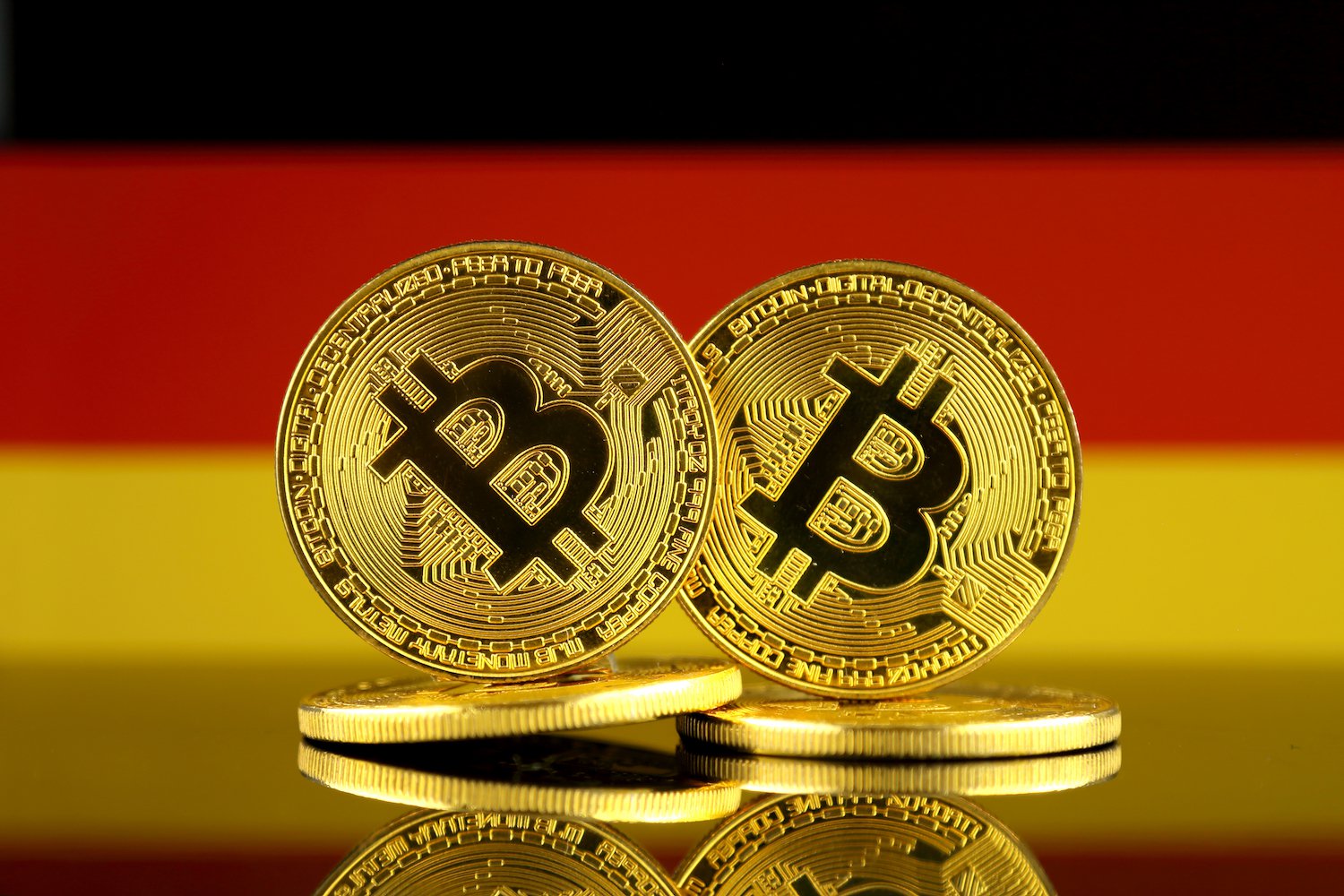Germany’s Largest Banking Group Sparkassen to Offer Crypto Trading by 2026
01.07.2025 8:00 2 min. read Kosta Gushterov
In a major shift from its earlier stance, Sparkassen-Finanzgruppe — Germany’s largest banking group — is preparing to introduce cryptocurrency trading services for retail clients by the summer of 2026, according to a report from Bloomberg.
The move comes nearly three years after Sparkassen’s leadership opted against entering the crypto market, citing concerns over high volatility and investor risk. However, the group now appears ready to embrace digital assets, including Bitcoin and Ethereum, as demand among private customers continues to grow.
DekaBank to Lead Crypto Integration
The rollout will be overseen by DekaBank, a fully owned subsidiary of Sparkassen, which already has exposure to digital asset trading. The bank is expected to manage the backend infrastructure and execution of crypto services across the Sparkassen network, which serves more than 50 million customers in Germany.
From Skepticism to Strategy
Sparkassen executives have historically voiced strong skepticism toward cryptocurrencies, referring to them as “highly speculative.” The upcoming launch marks a strategic pivot and reflects the evolving perception of crypto assets within Germany’s traditional banking sector.
By introducing direct crypto trading for retail accounts, Sparkassen joins a growing list of European institutions bridging conventional banking with digital finance. The service is expected to provide clients access to a wide range of crypto assets through the bank’s secure platform, removing the need for third-party exchanges.
Outlook: A Milestone for Crypto Adoption in Europe
As regulatory frameworks for digital assets mature across the European Union, Sparkassen’s entry into crypto trading signals a broader trend of institutional integration. The bank’s endorsement could encourage other conservative financial institutions to reevaluate their position on digital assets.
With the launch slated for mid-2026, Sparkassen’s new offering may mark a turning point in how Germany’s mainstream banking sector approaches cryptocurrencies — shifting from cautious observer to active participant.
-
1
U.S. State of Connecticut Blocks Crypto from Public Sector Operations
12.06.2025 16:00 1 min. read -
2
Federal Reserve Clears Path for Banks to Enter Crypto Market
24.06.2025 8:00 2 min. read -
3
Vietnam Charts a Clear Course for Digital Assets With New 2026 Law
16.06.2025 18:00 1 min. read -
4
GENIUS Act Clears Senate, Setting Stage for First U.S. Crypto Law
18.06.2025 12:00 1 min. read -
5
Coinbase and Set Gemini to Expand in EU Under MiCA Rules
17.06.2025 13:00 2 min. read
U.S. Supreme Court Backs IRS Access to Crypto Exchange Data
In a major development for cryptocurrency regulation and user privacy, the U.S. Supreme Court has declined to hear a challenge to the IRS’s authority to collect broad customer data from crypto exchanges.
Crypto Advocates Back Sen. Cynthia Lummis’ Push to Reform Digital Asset Tax Rules
As the U.S. Senate debates a sweeping reconciliation package dubbed the “Big, Beautiful Bill,” crypto industry advocates are rallying behind an amendment introduced by Senator Cynthia Lummis aimed at reforming outdated and burdensome tax rules for digital assets.
Kazakhstan to Establish State Crypto-Reserve Under Central Bank Oversight
Kazakhstan is taking a major step toward integrating digital assets into its national financial strategy, with plans to establish a state-managed crypto-reserve.
Europe’s Largest Euro-Denominated Spot Crypto Exchange Secures License Under MiCA
Bitvavo, Europe’s largest euro-denominated spot crypto exchange, has officially received a MiCA license from the Dutch Authority for the Financial Markets (AFM), allowing the firm to operate across all 27 European Union member states.
-
1
U.S. State of Connecticut Blocks Crypto from Public Sector Operations
12.06.2025 16:00 1 min. read -
2
Federal Reserve Clears Path for Banks to Enter Crypto Market
24.06.2025 8:00 2 min. read -
3
Vietnam Charts a Clear Course for Digital Assets With New 2026 Law
16.06.2025 18:00 1 min. read -
4
GENIUS Act Clears Senate, Setting Stage for First U.S. Crypto Law
18.06.2025 12:00 1 min. read -
5
Coinbase and Set Gemini to Expand in EU Under MiCA Rules
17.06.2025 13:00 2 min. read

